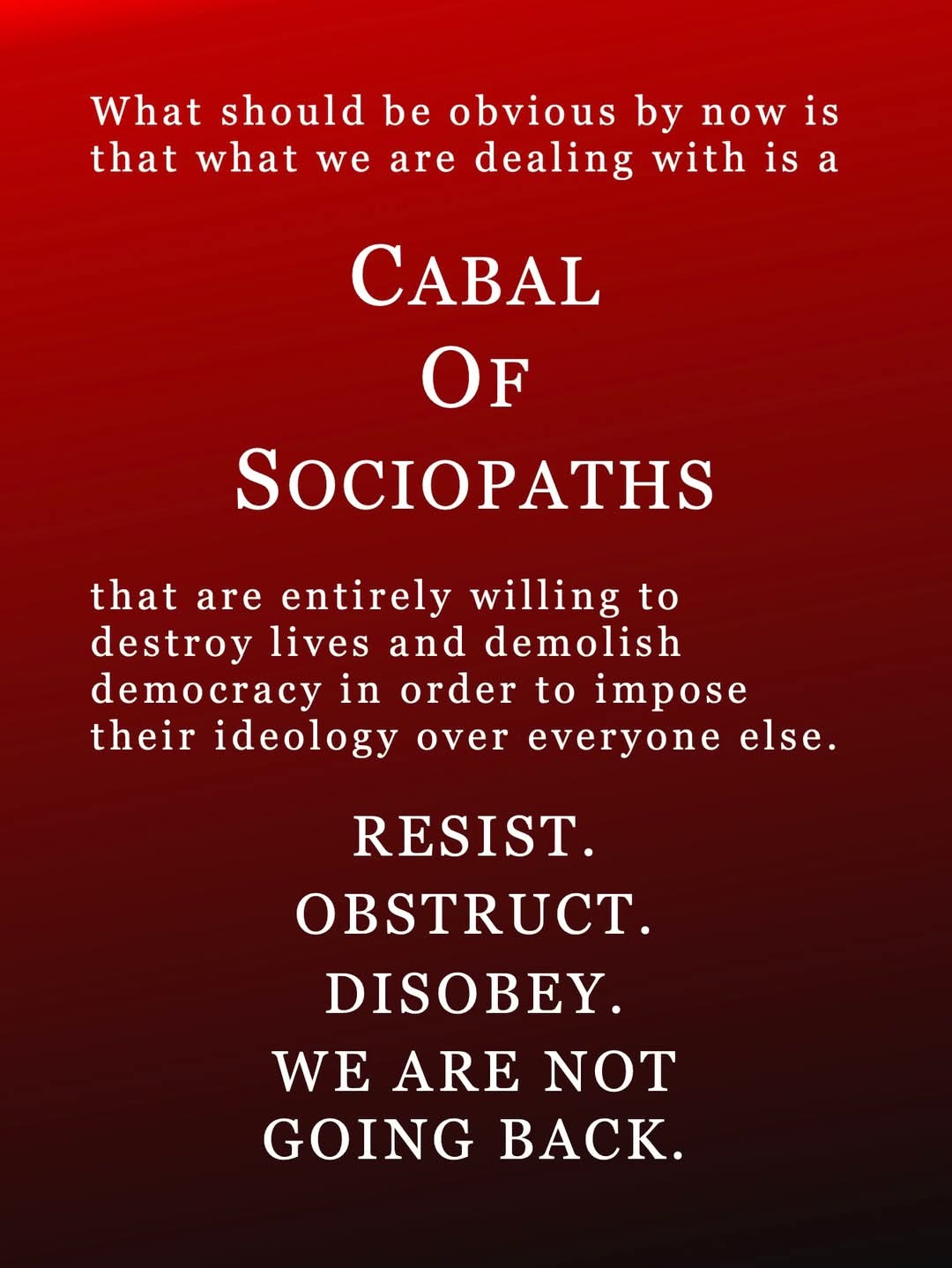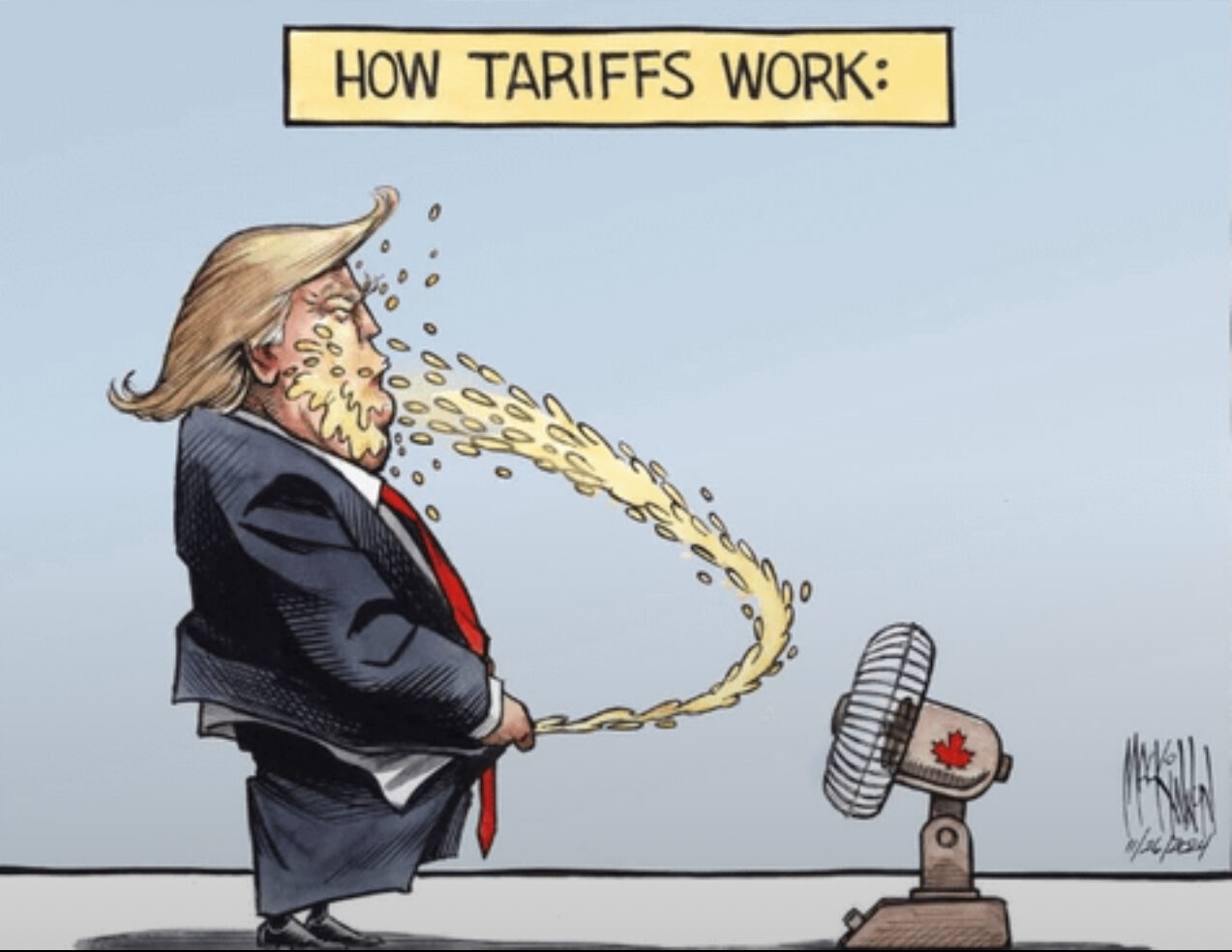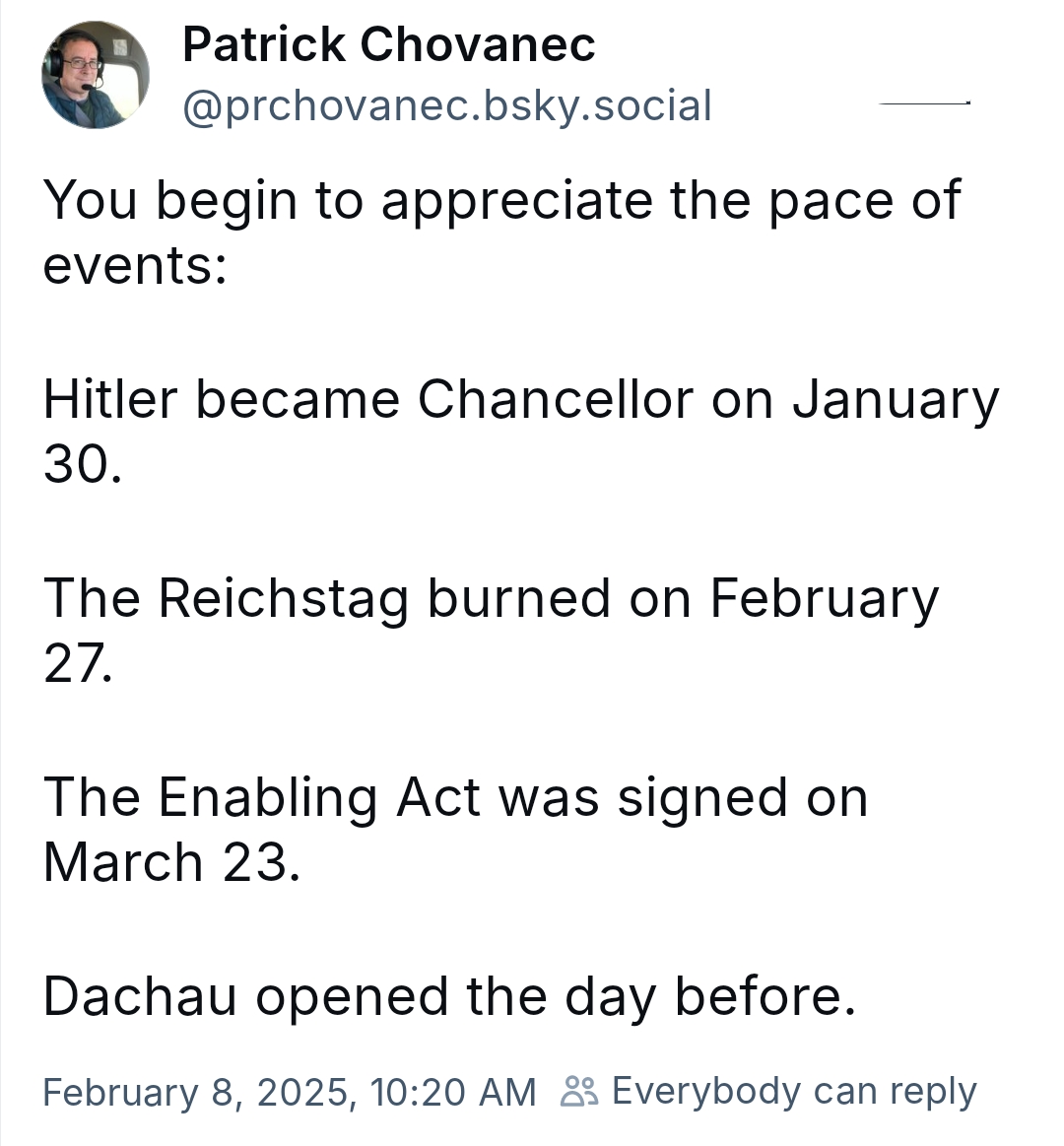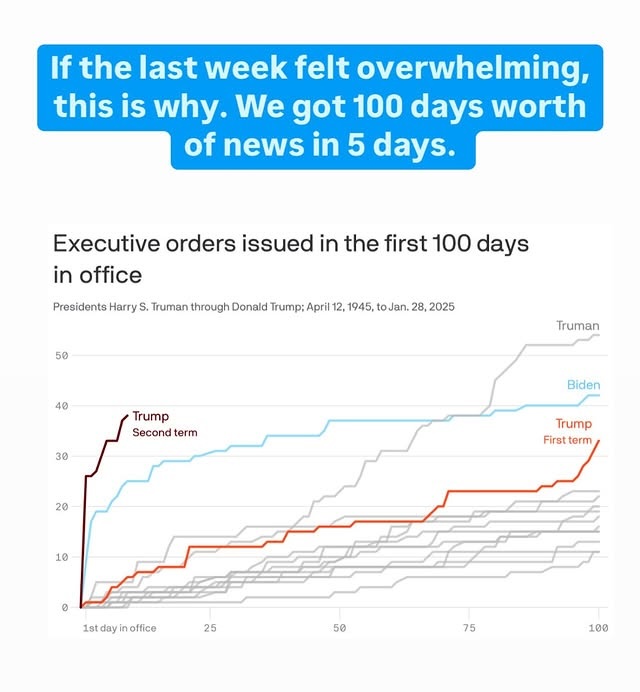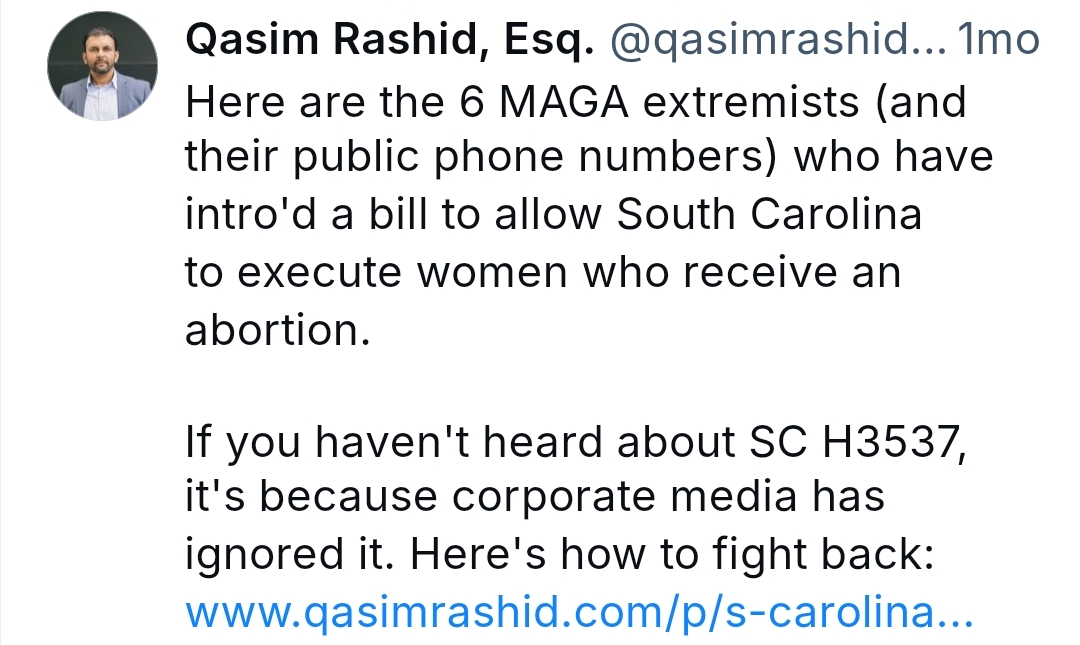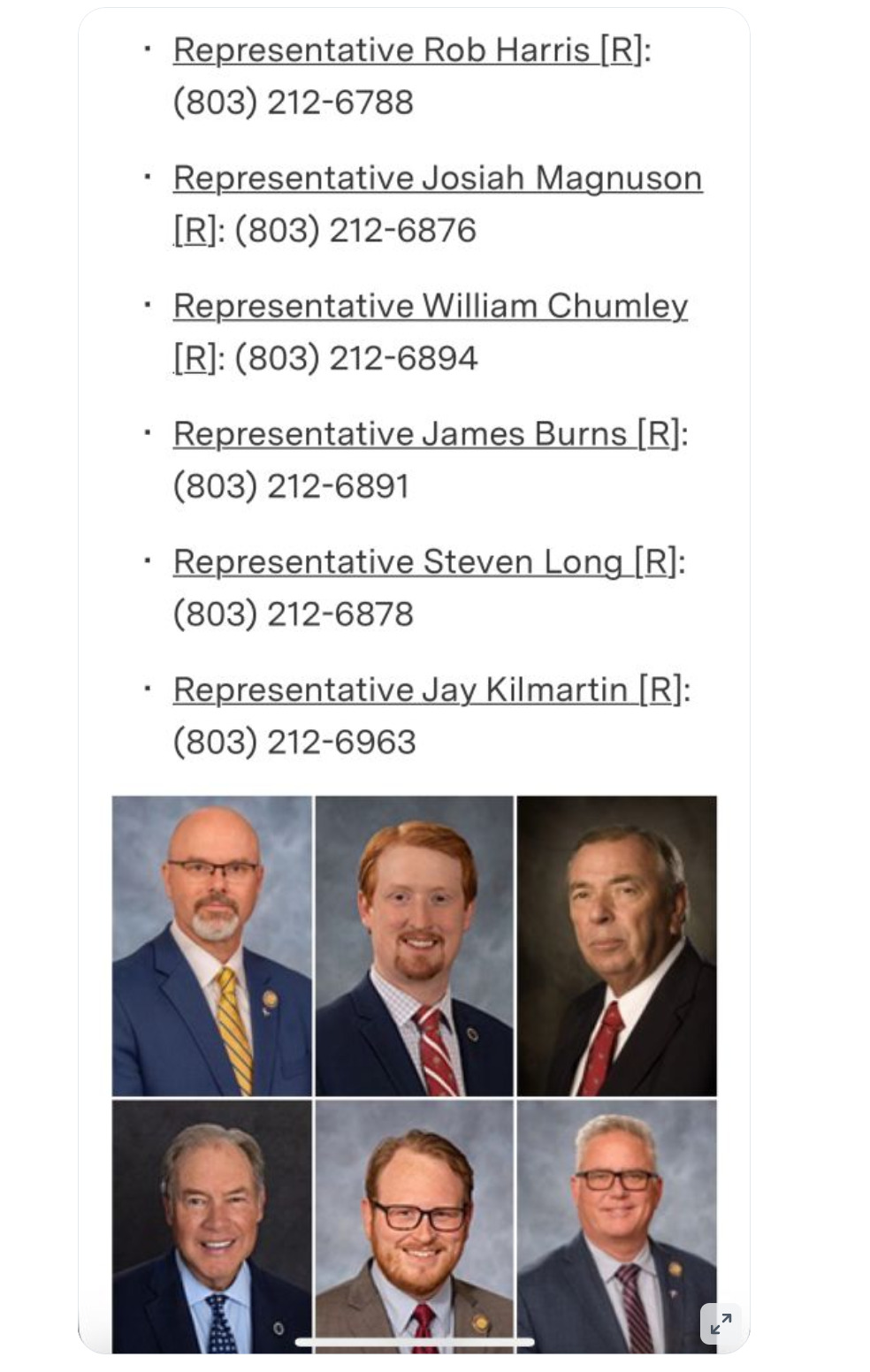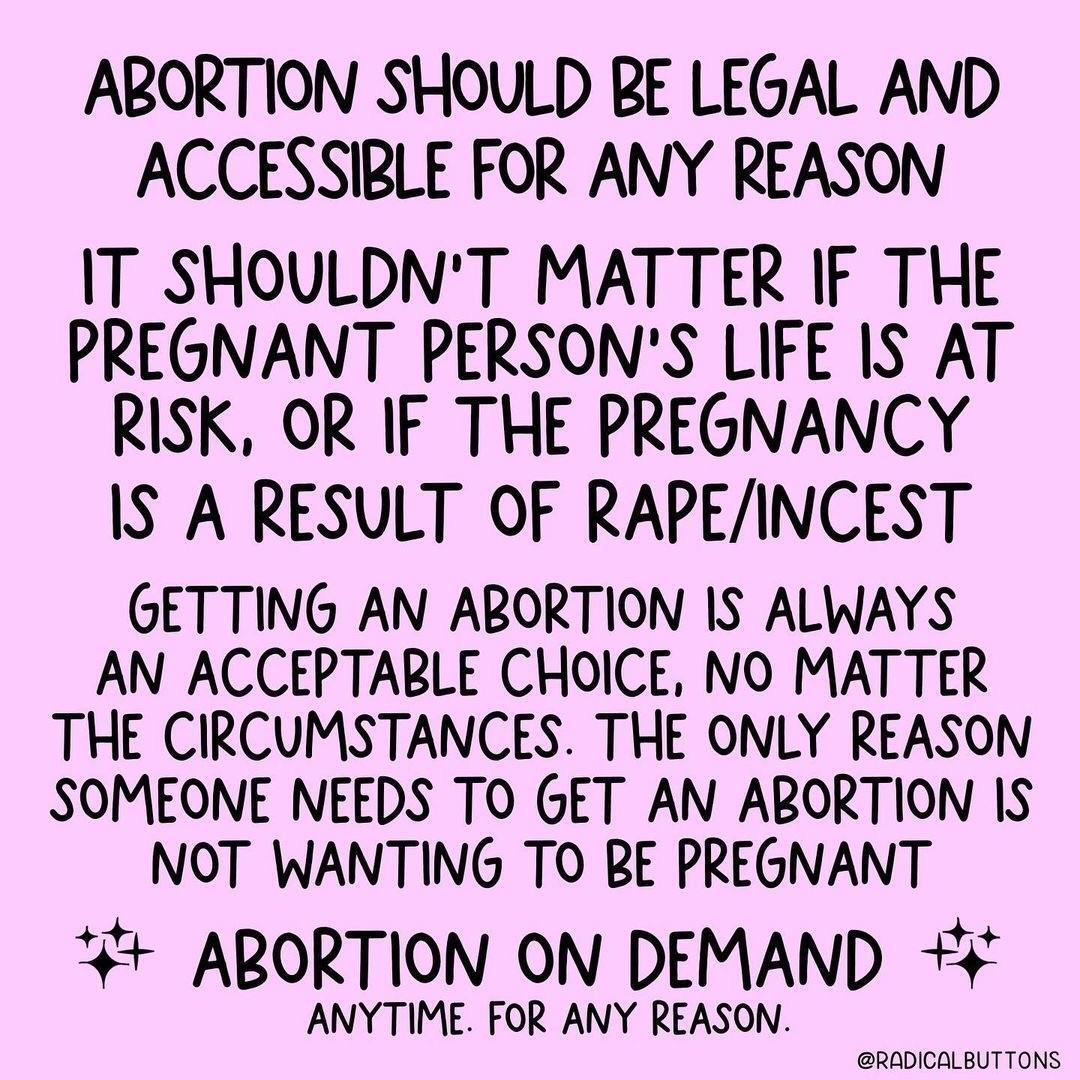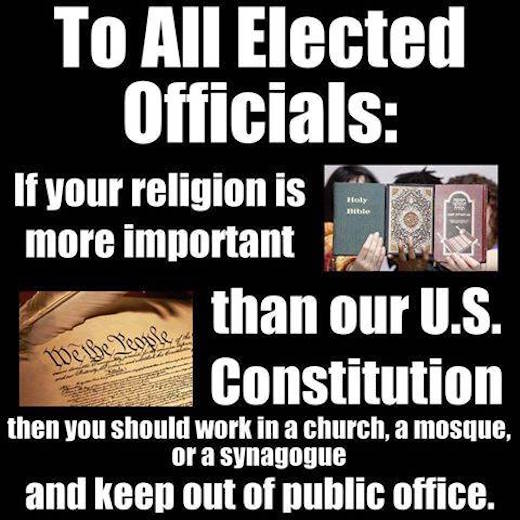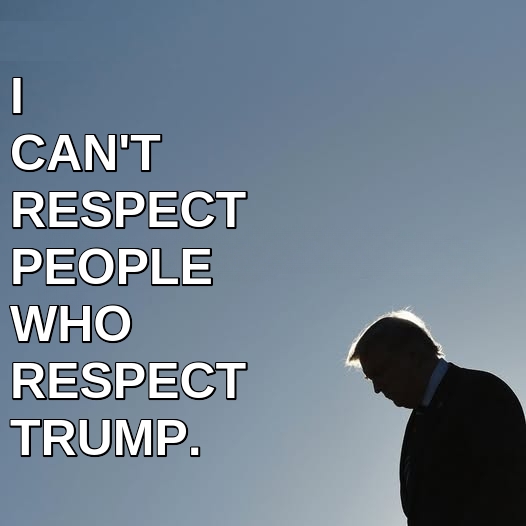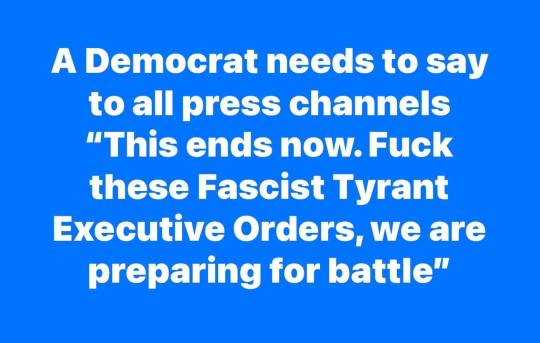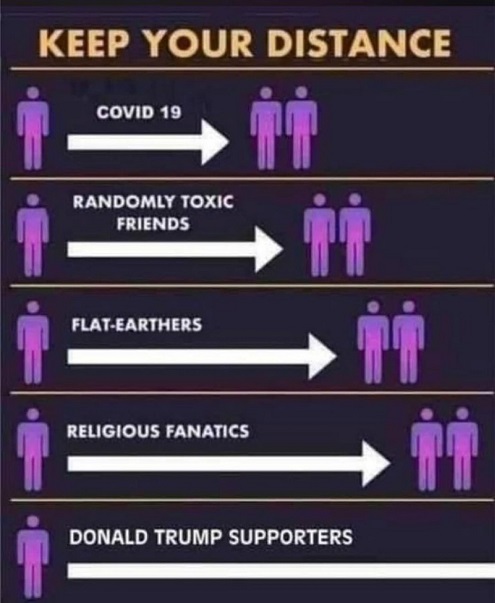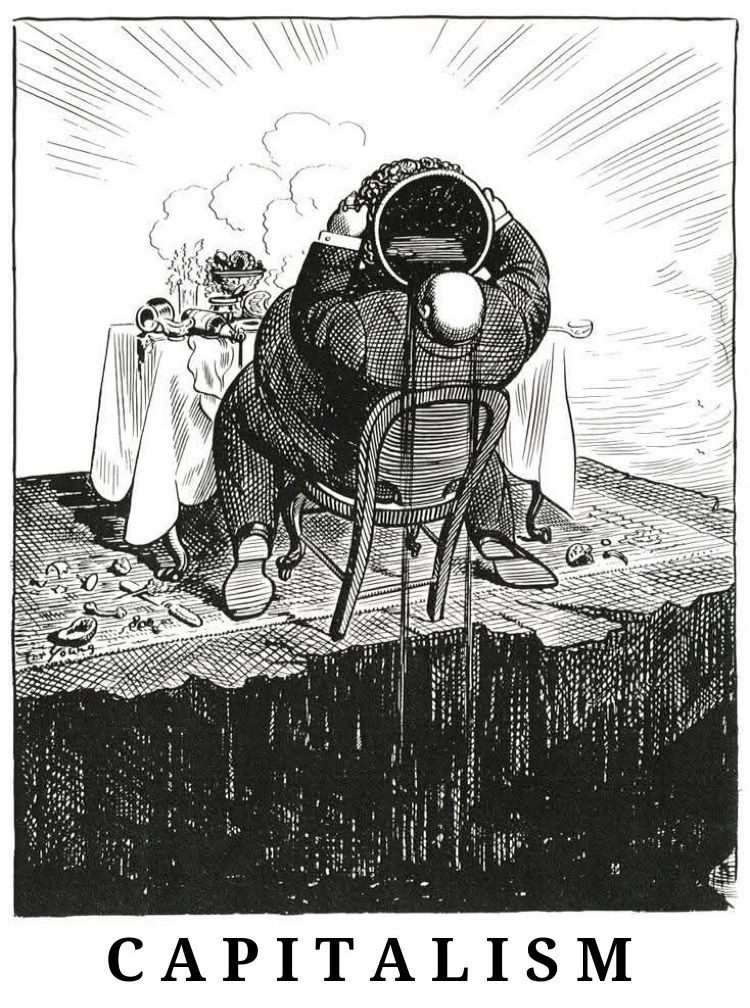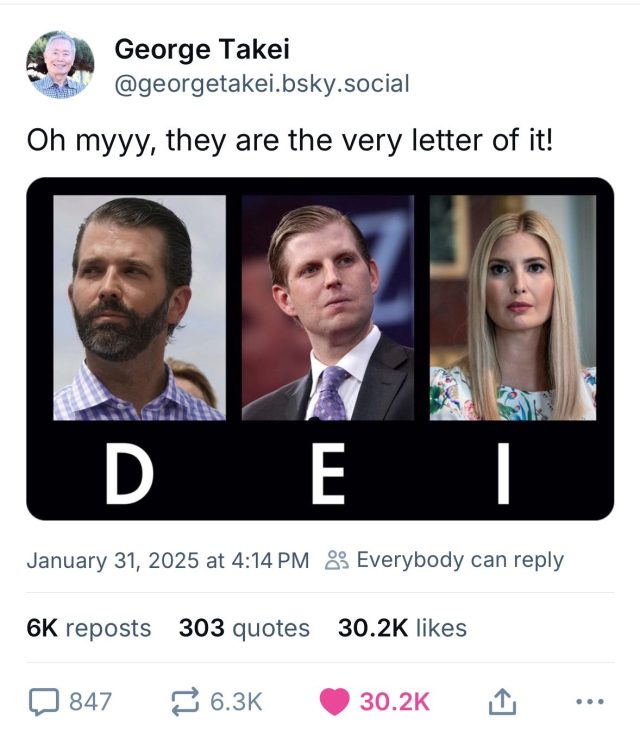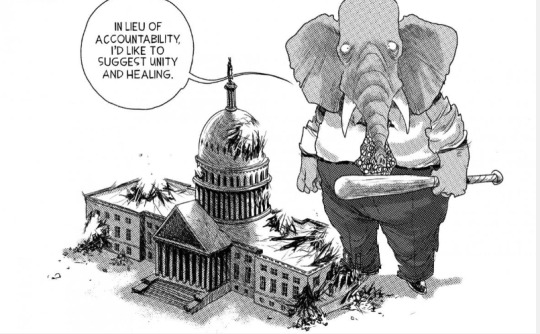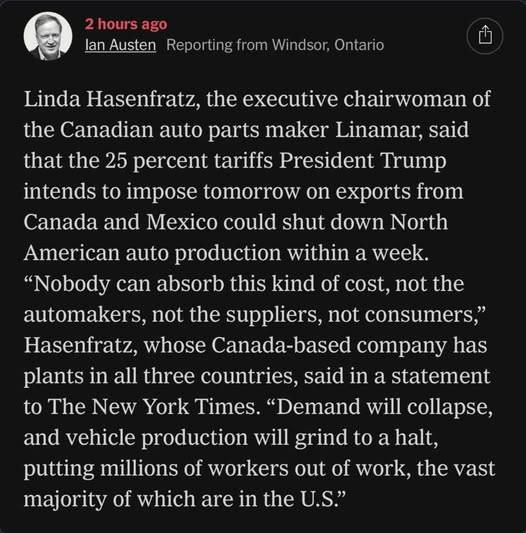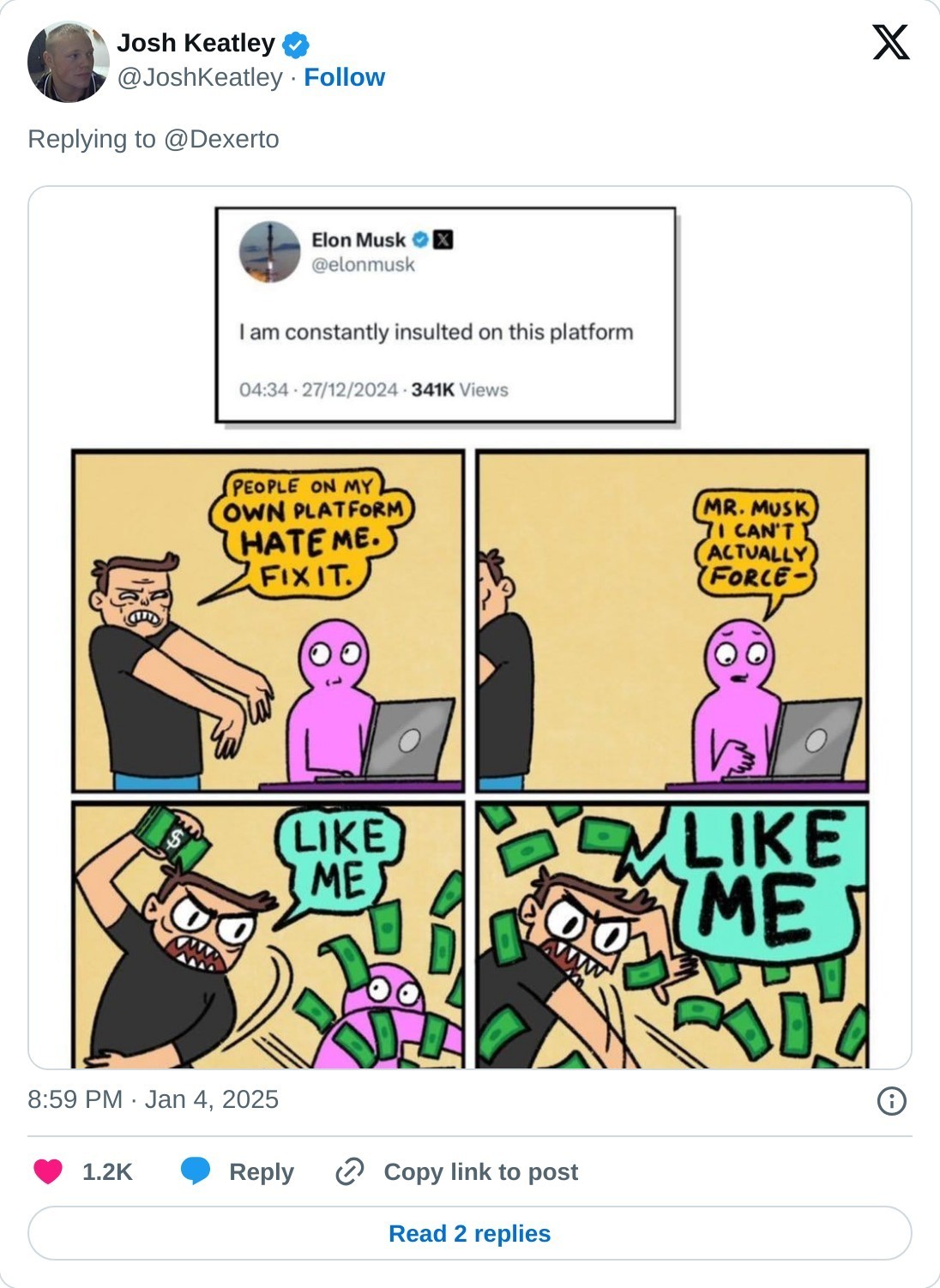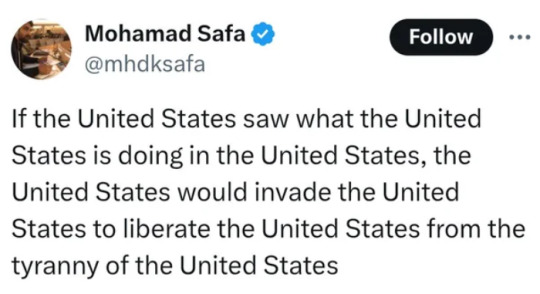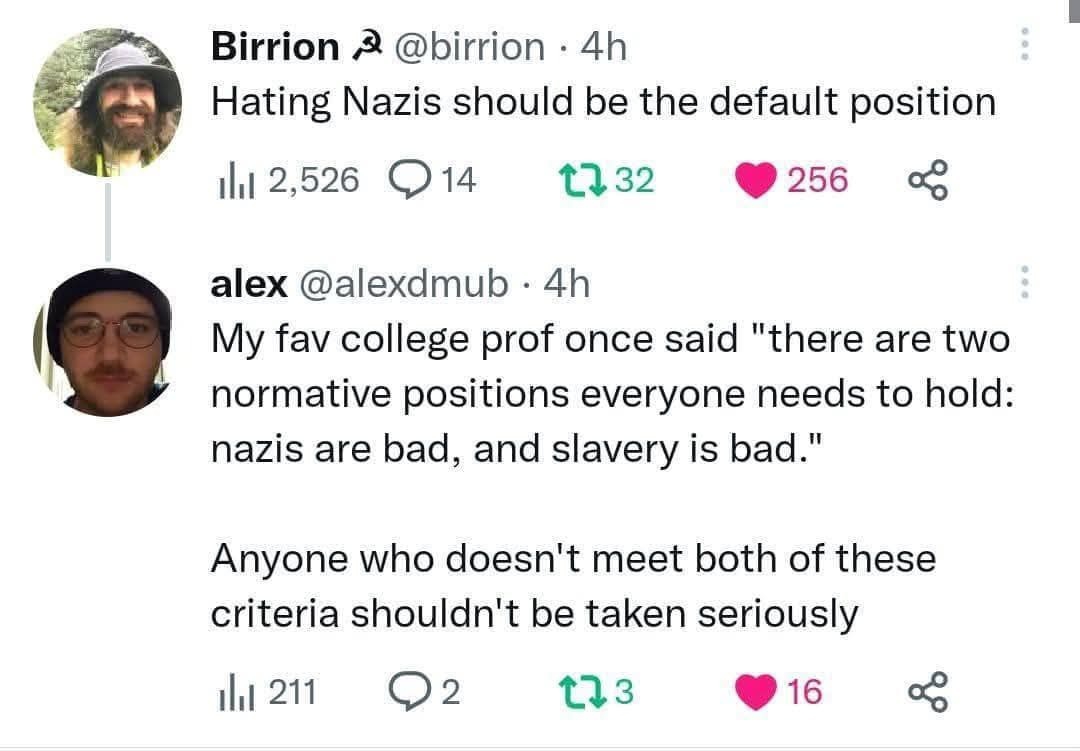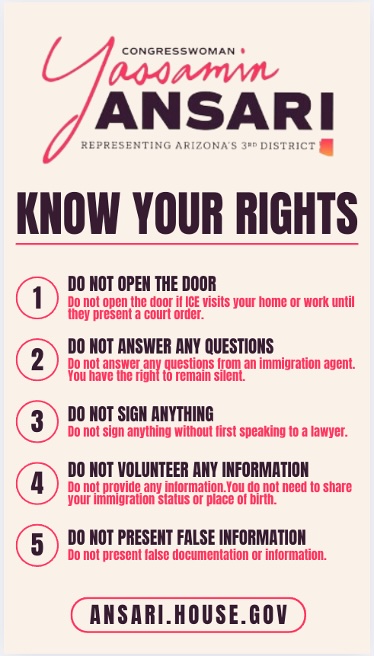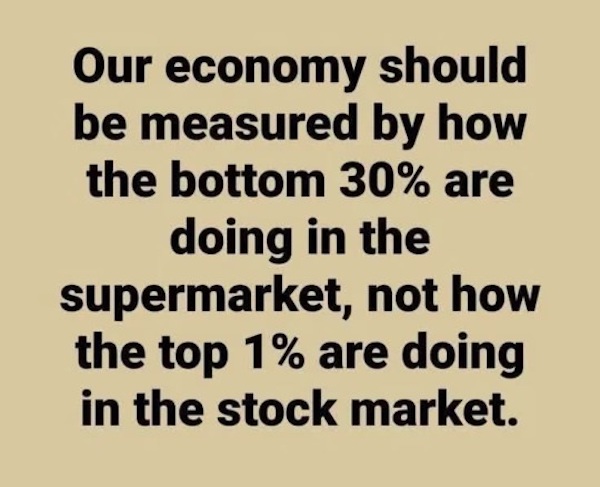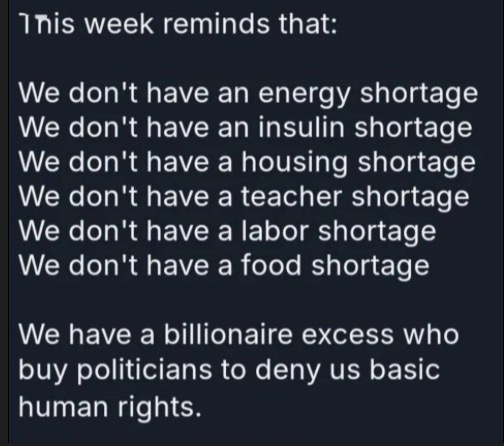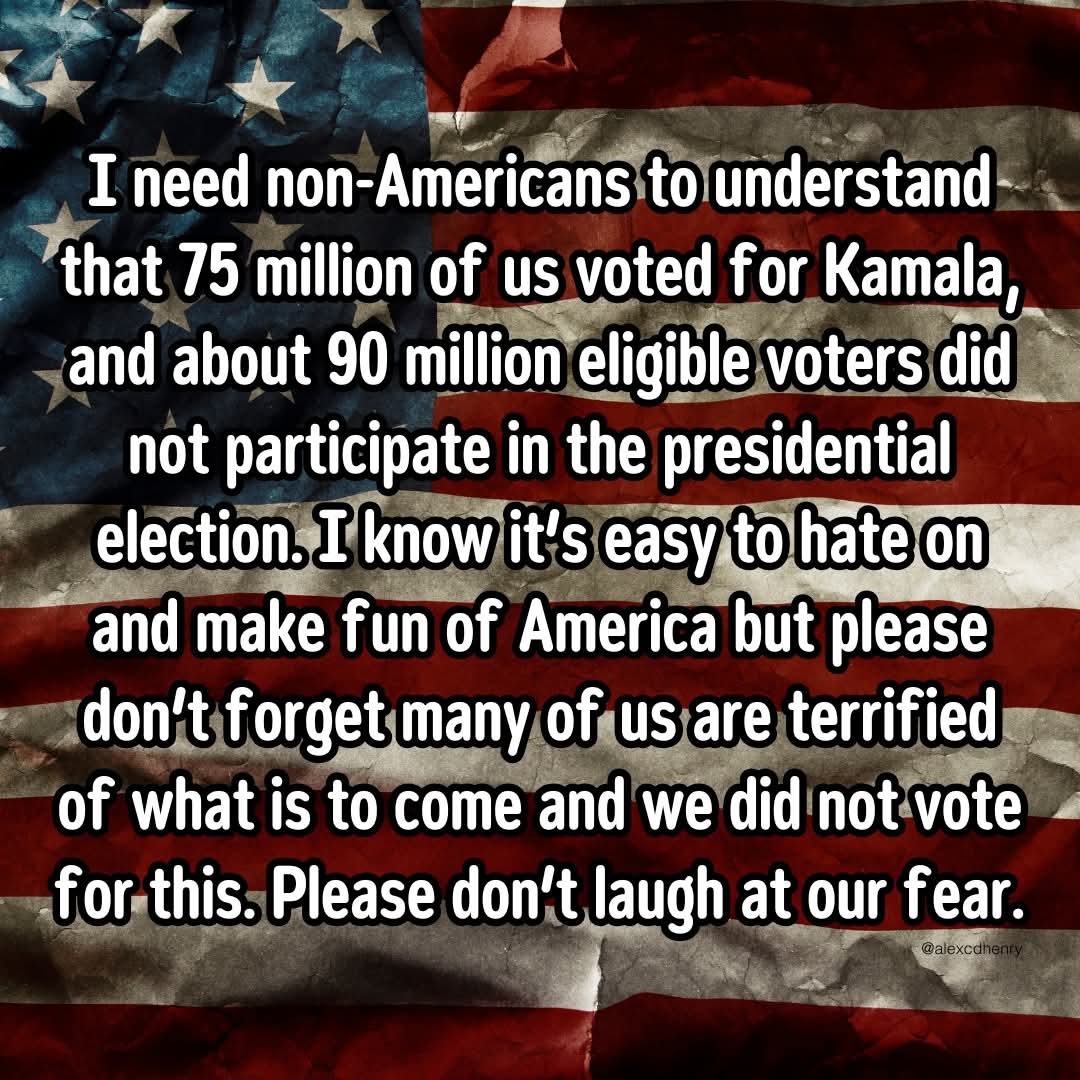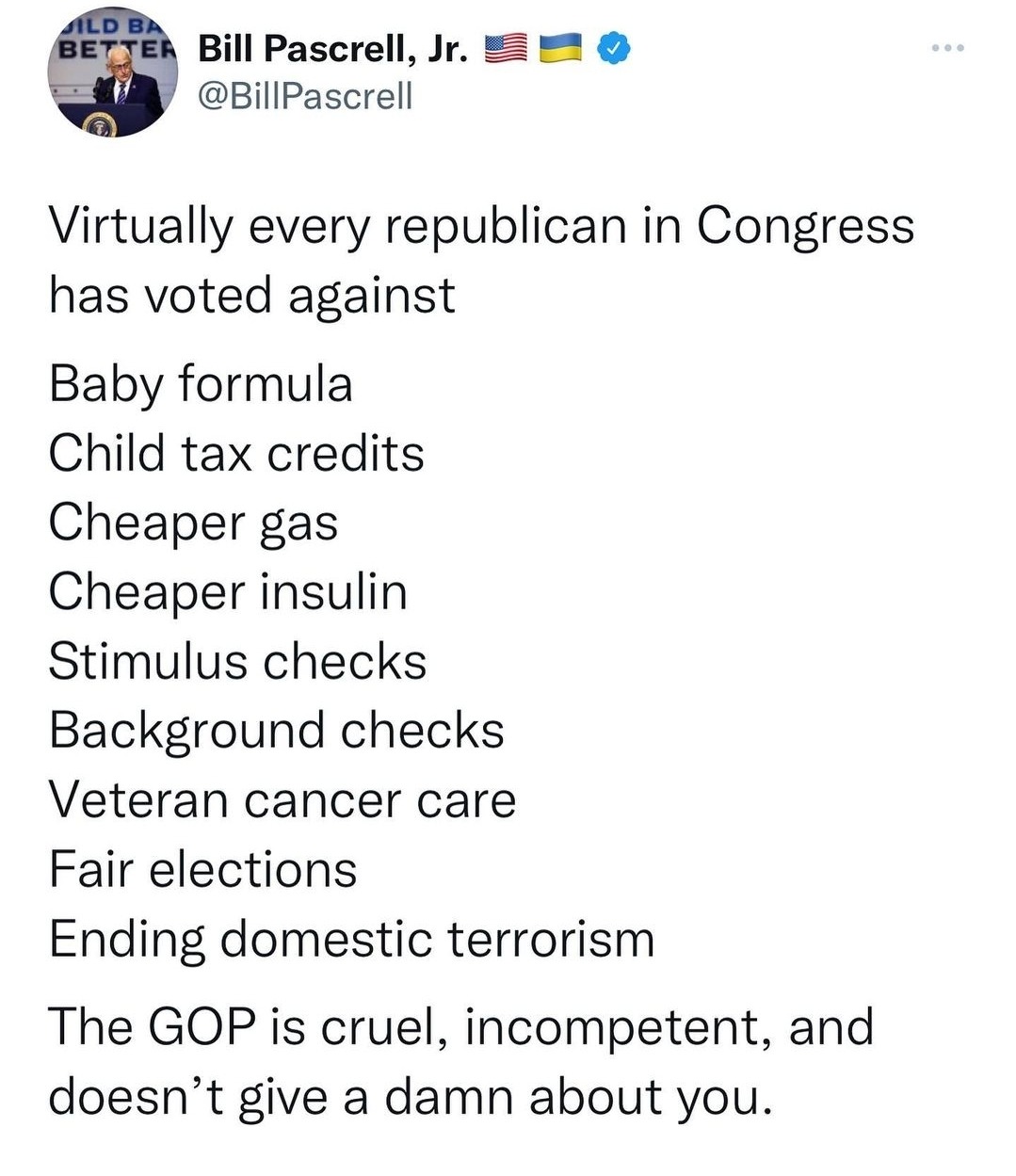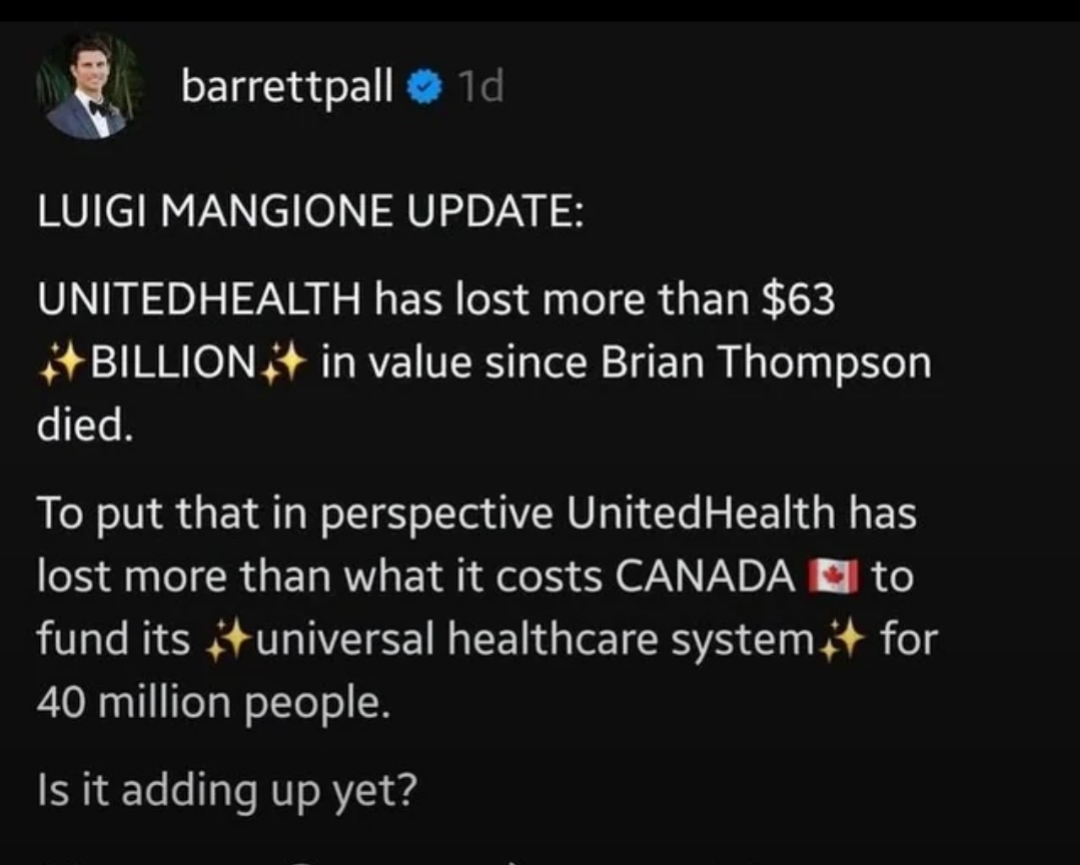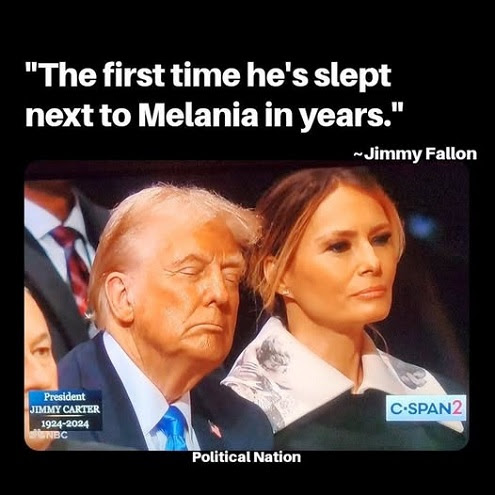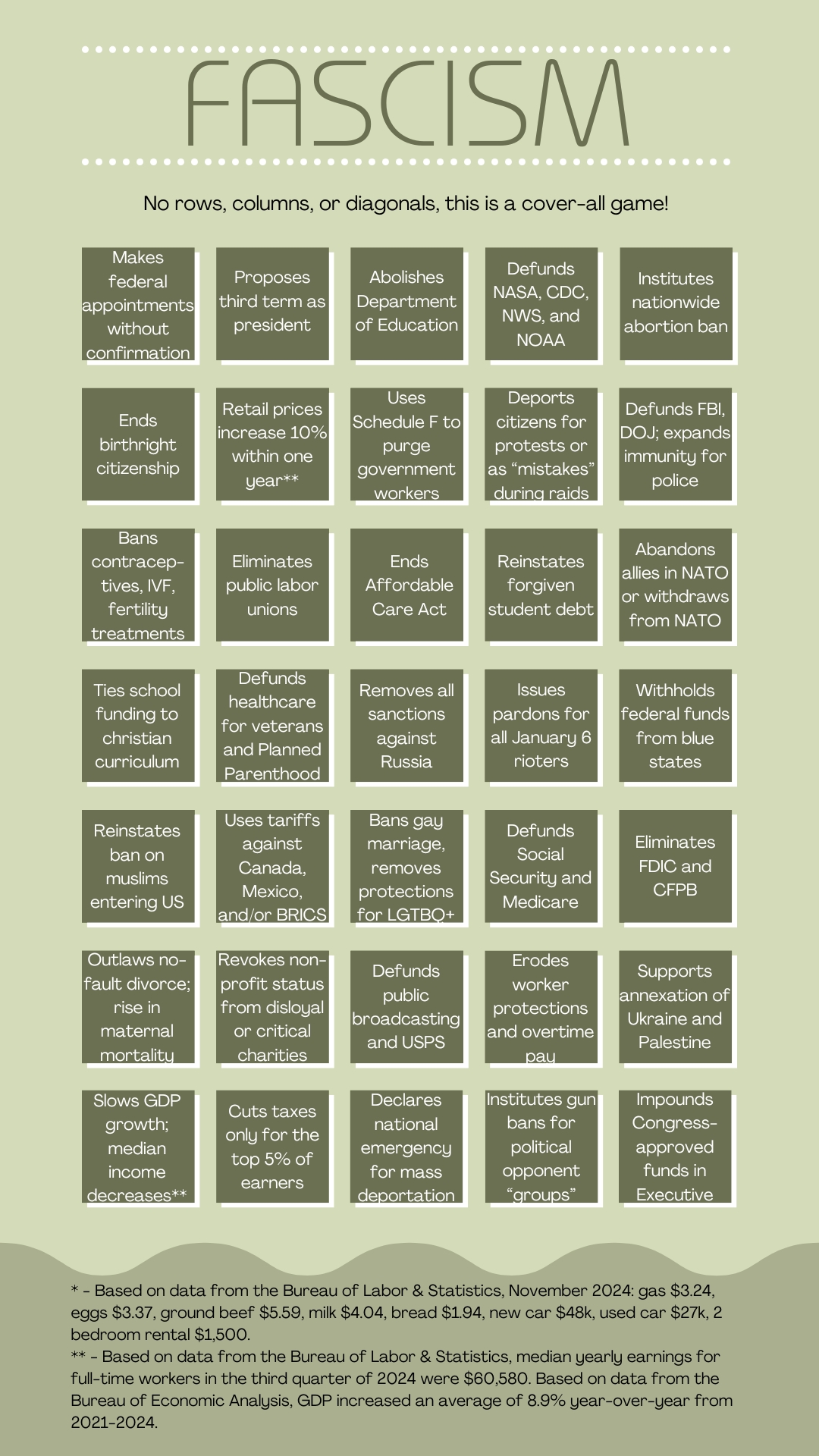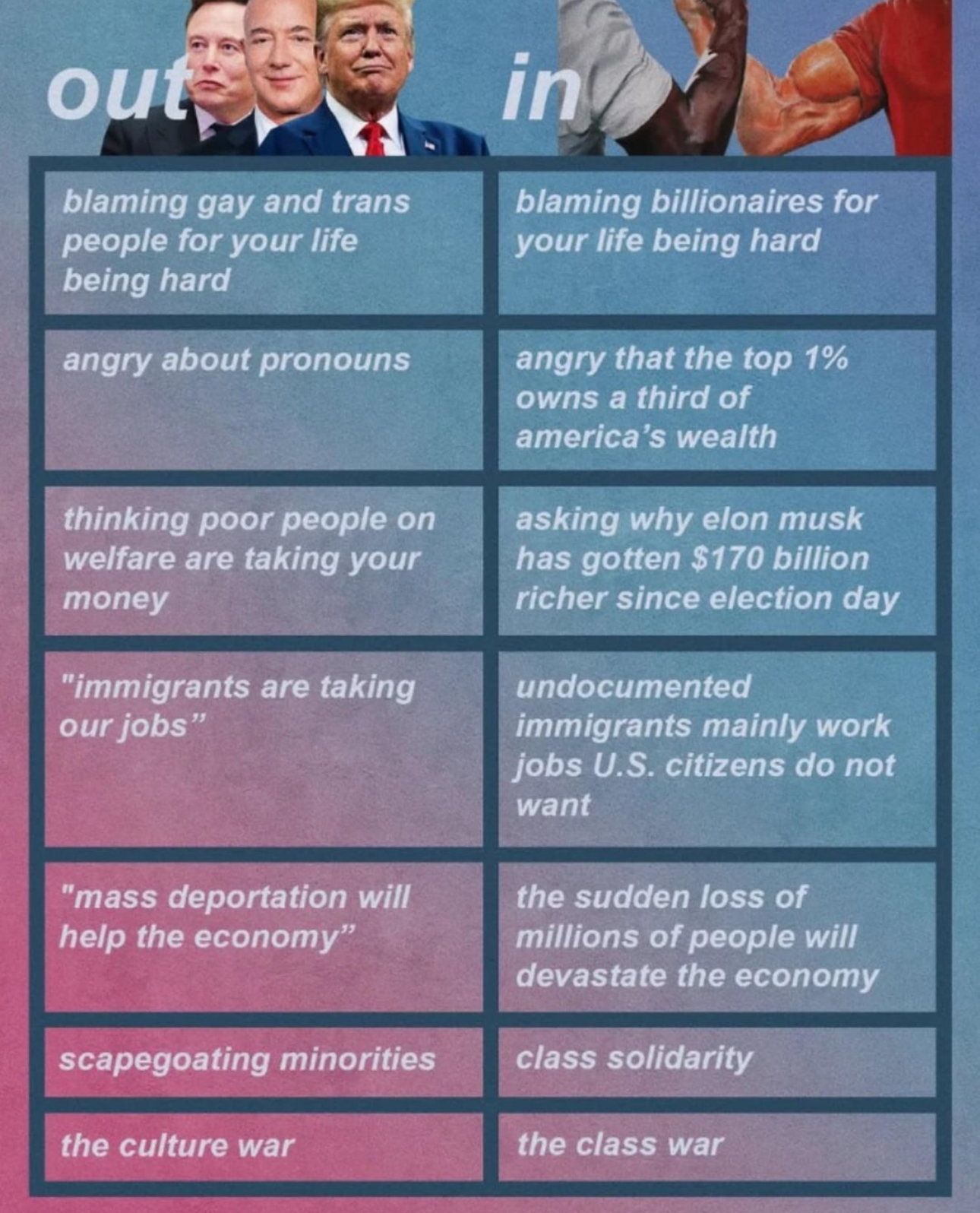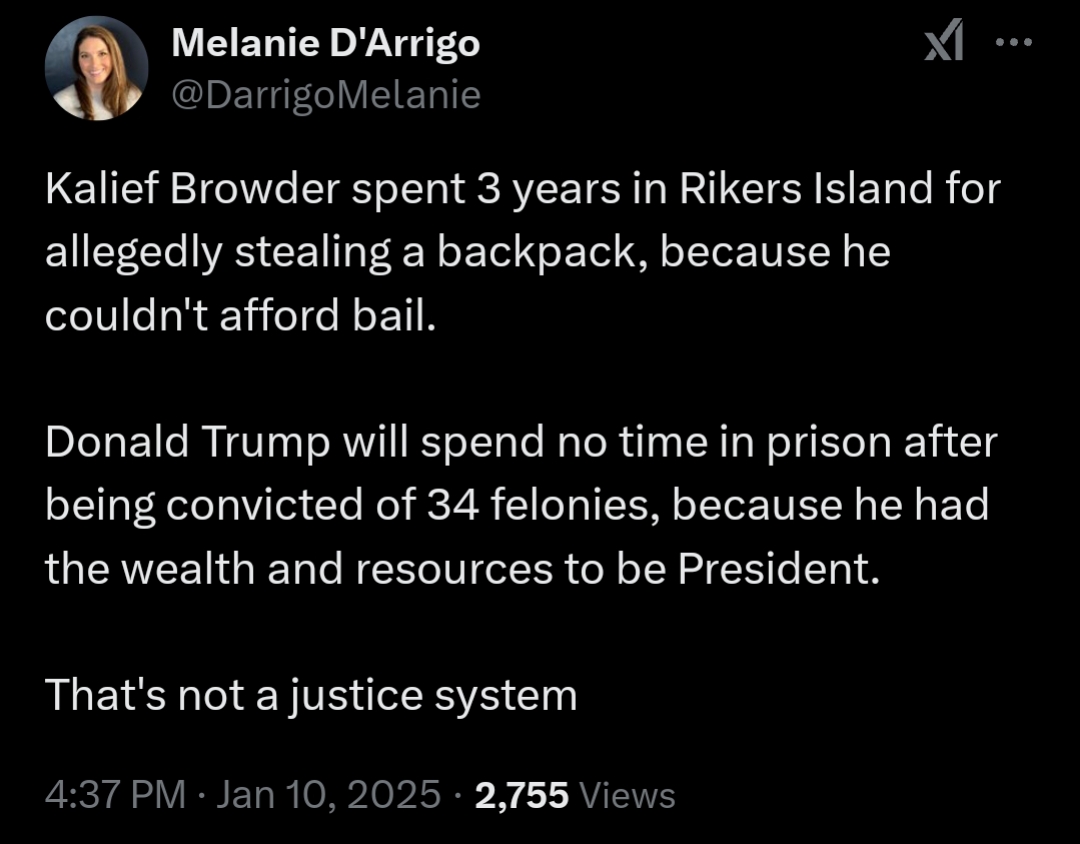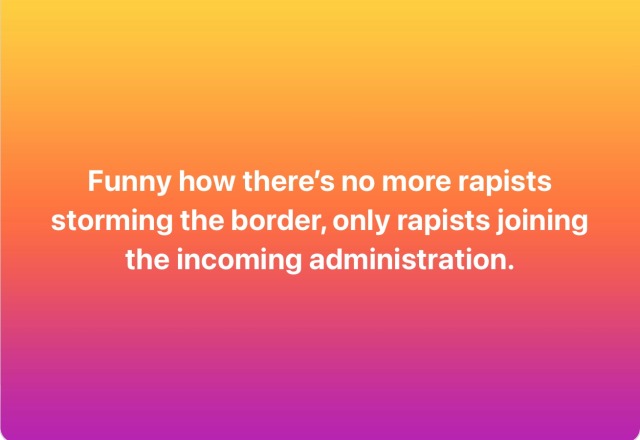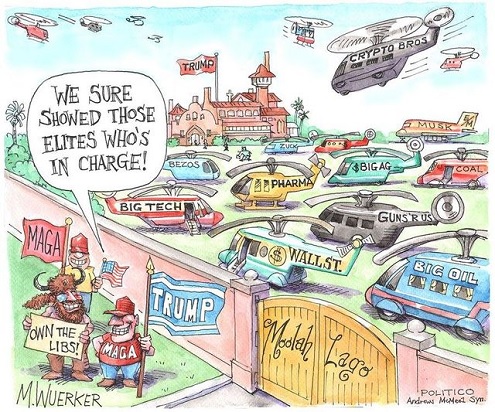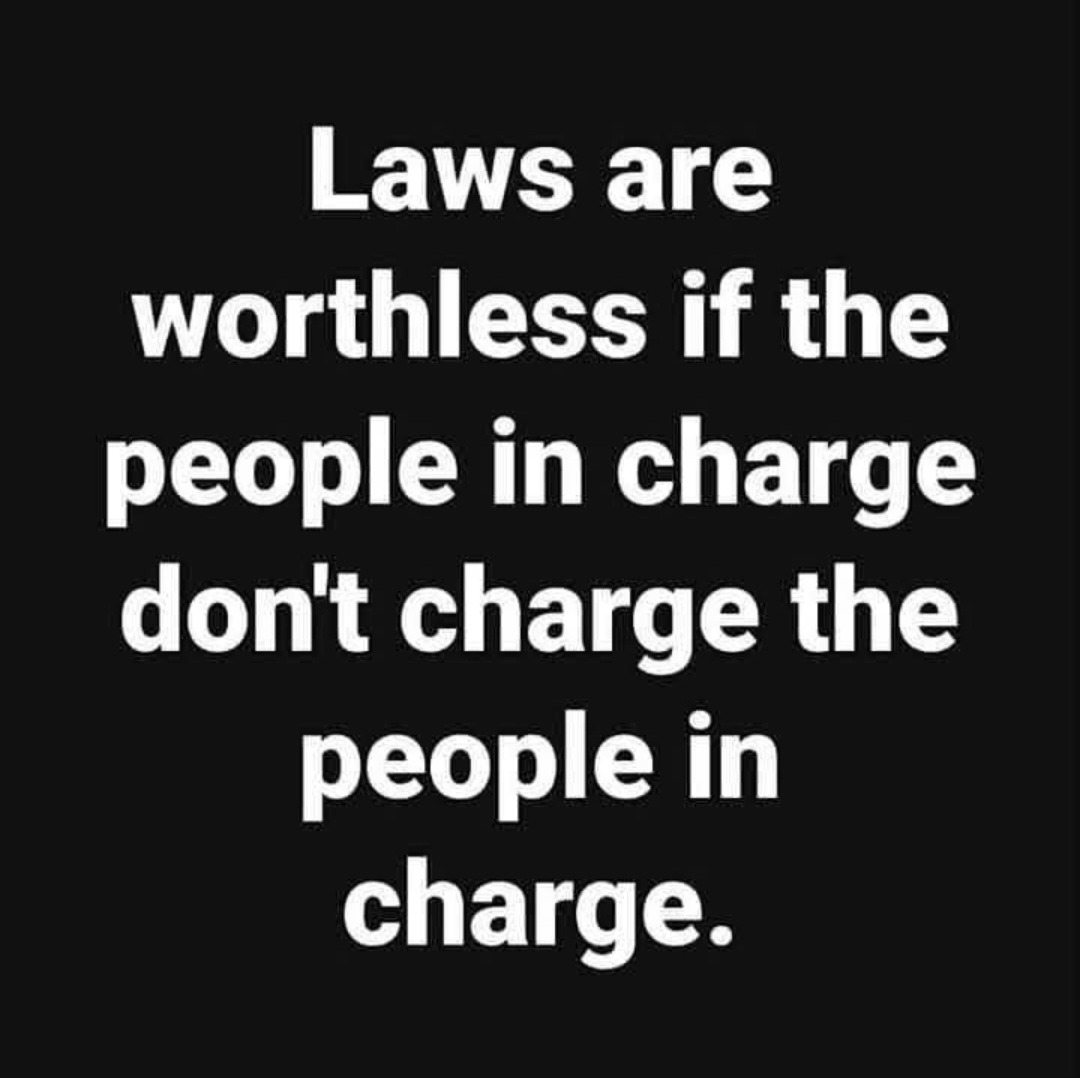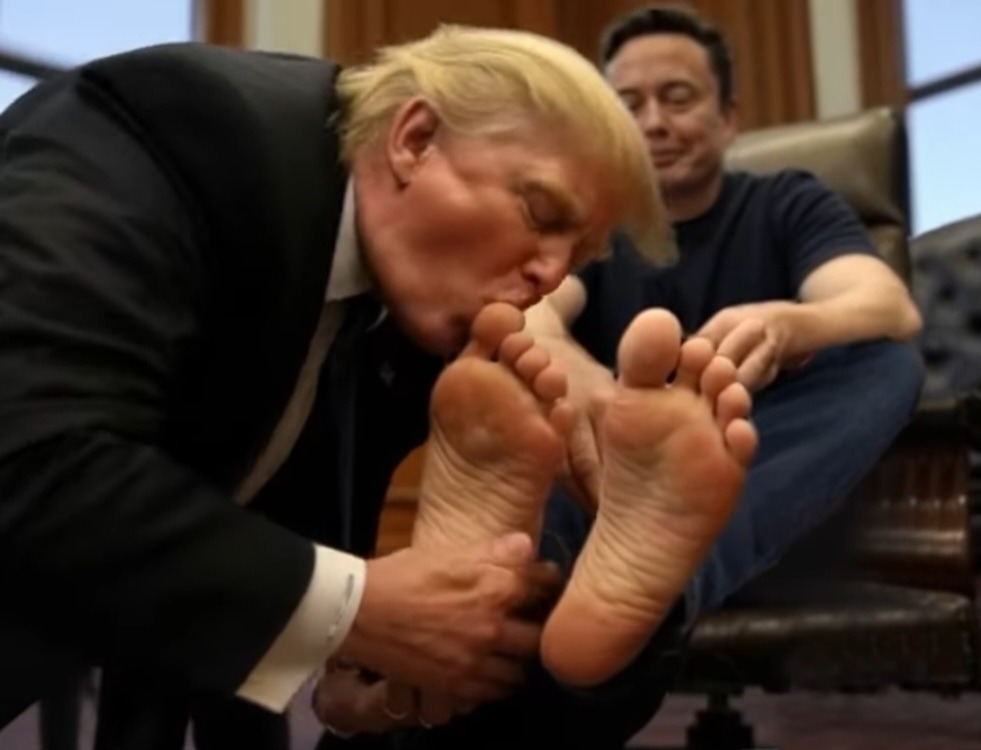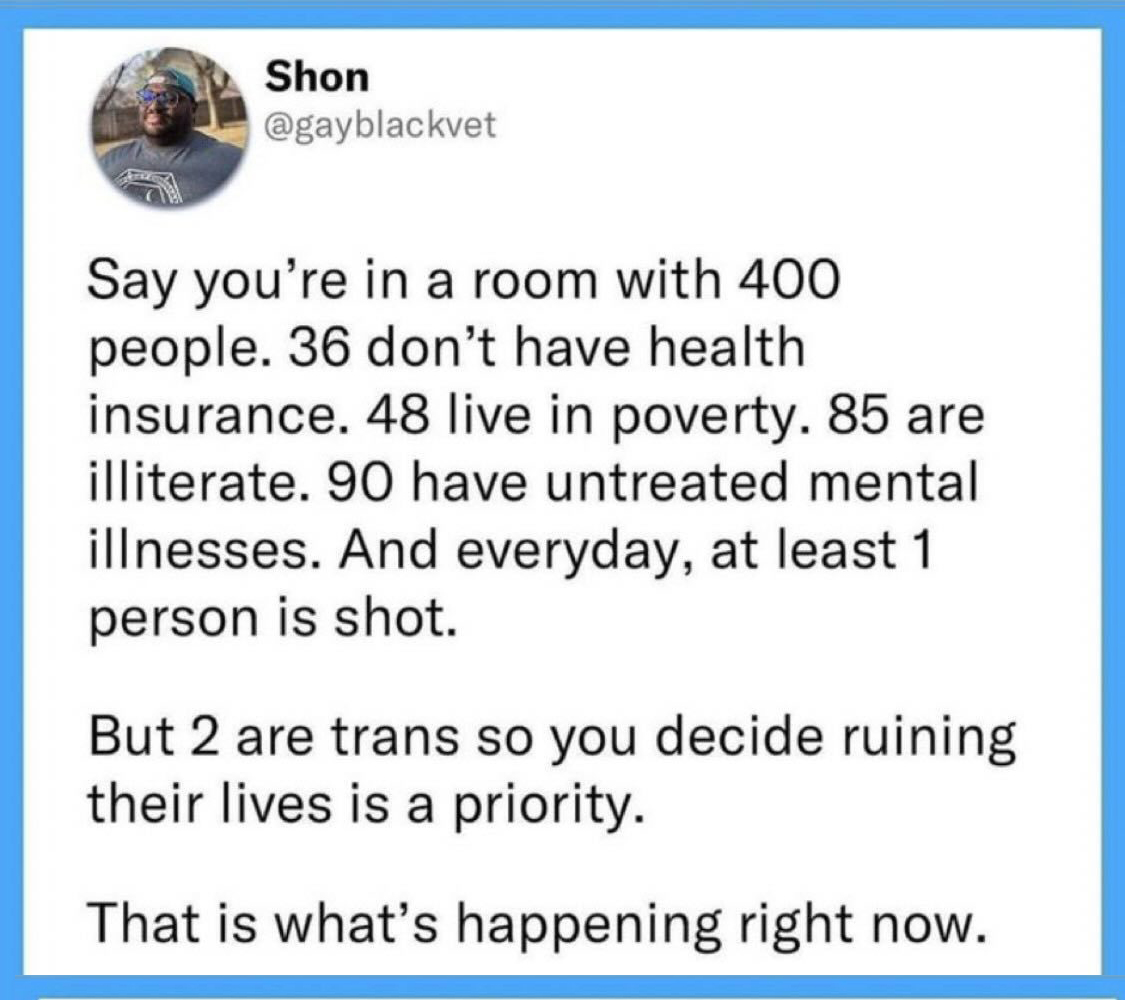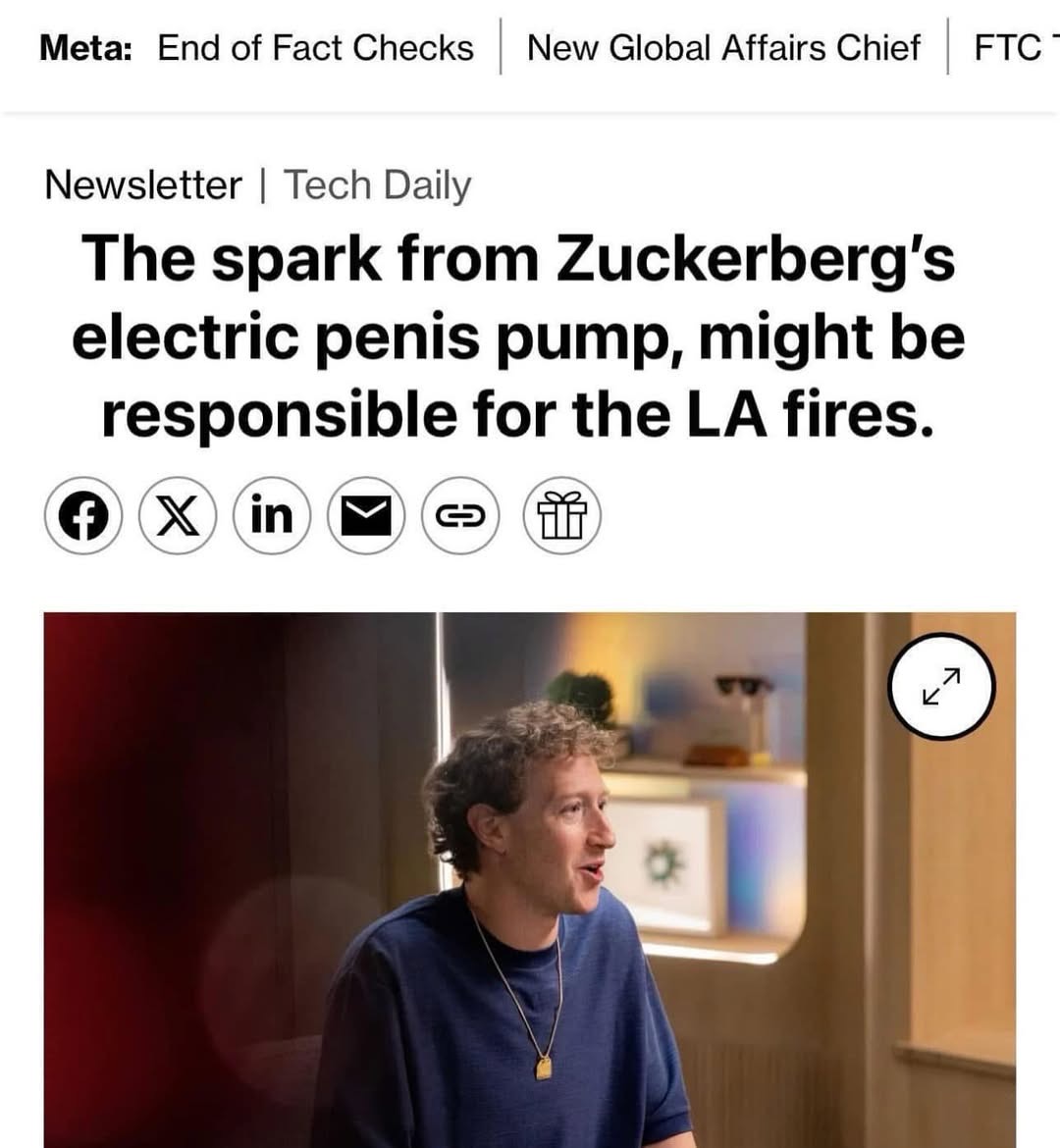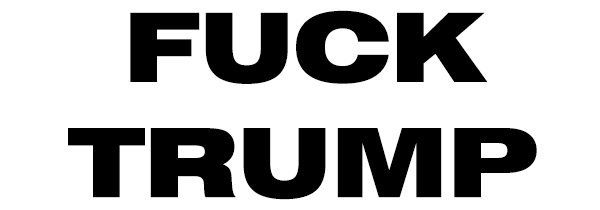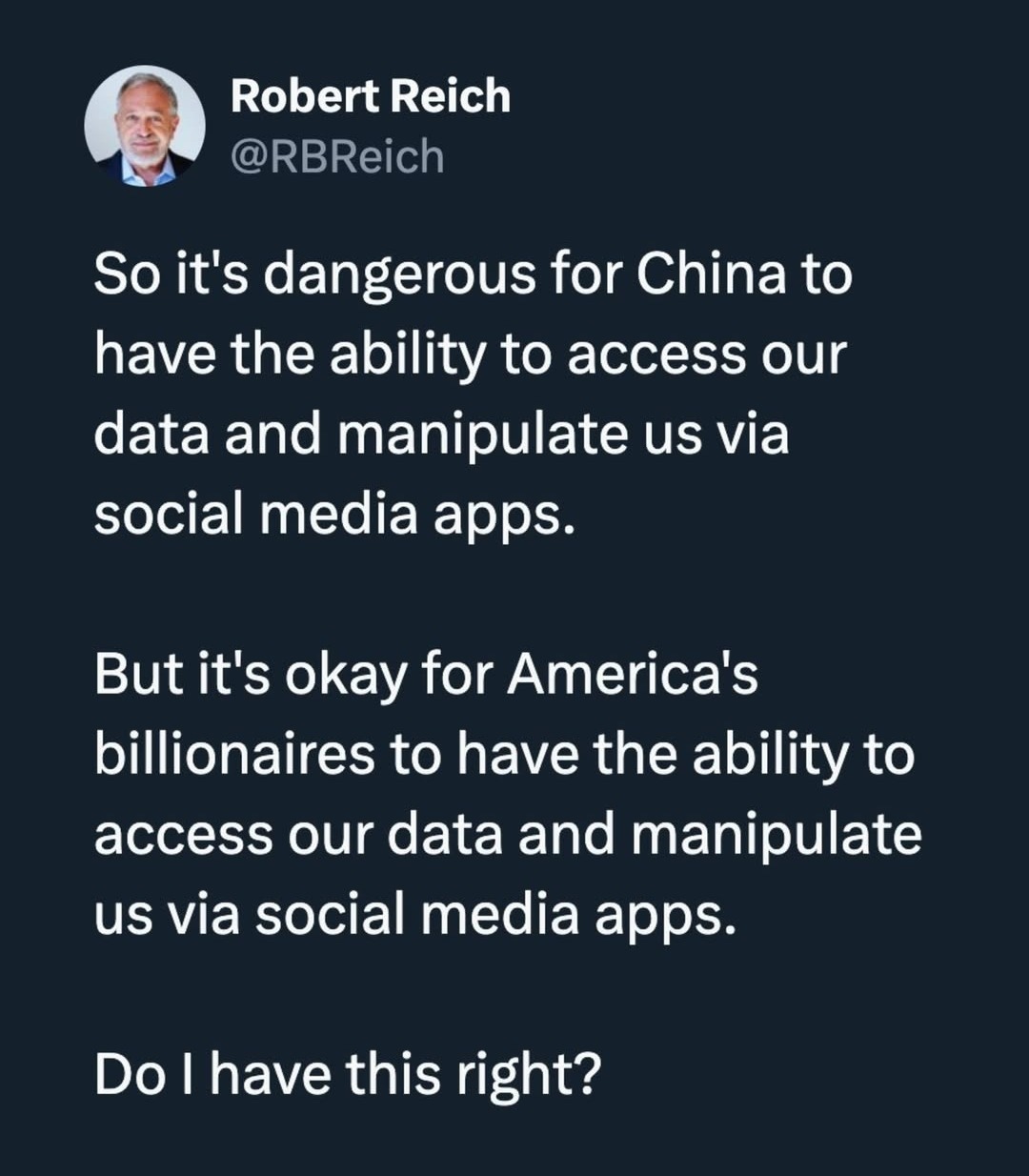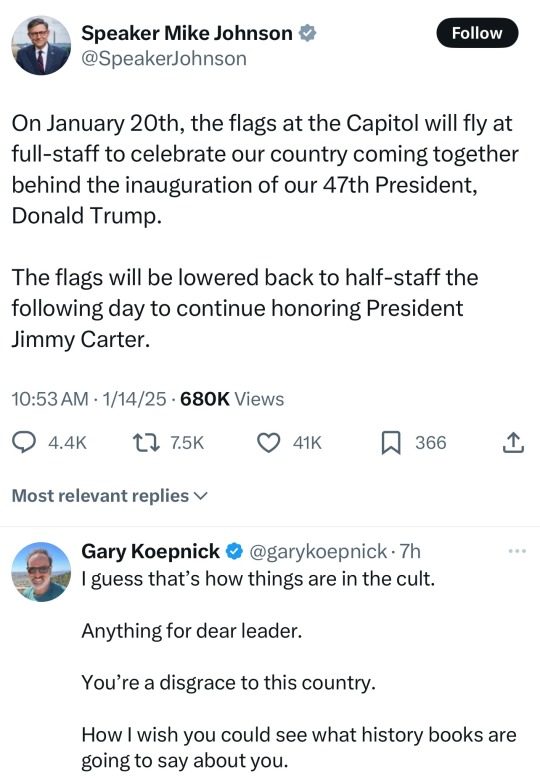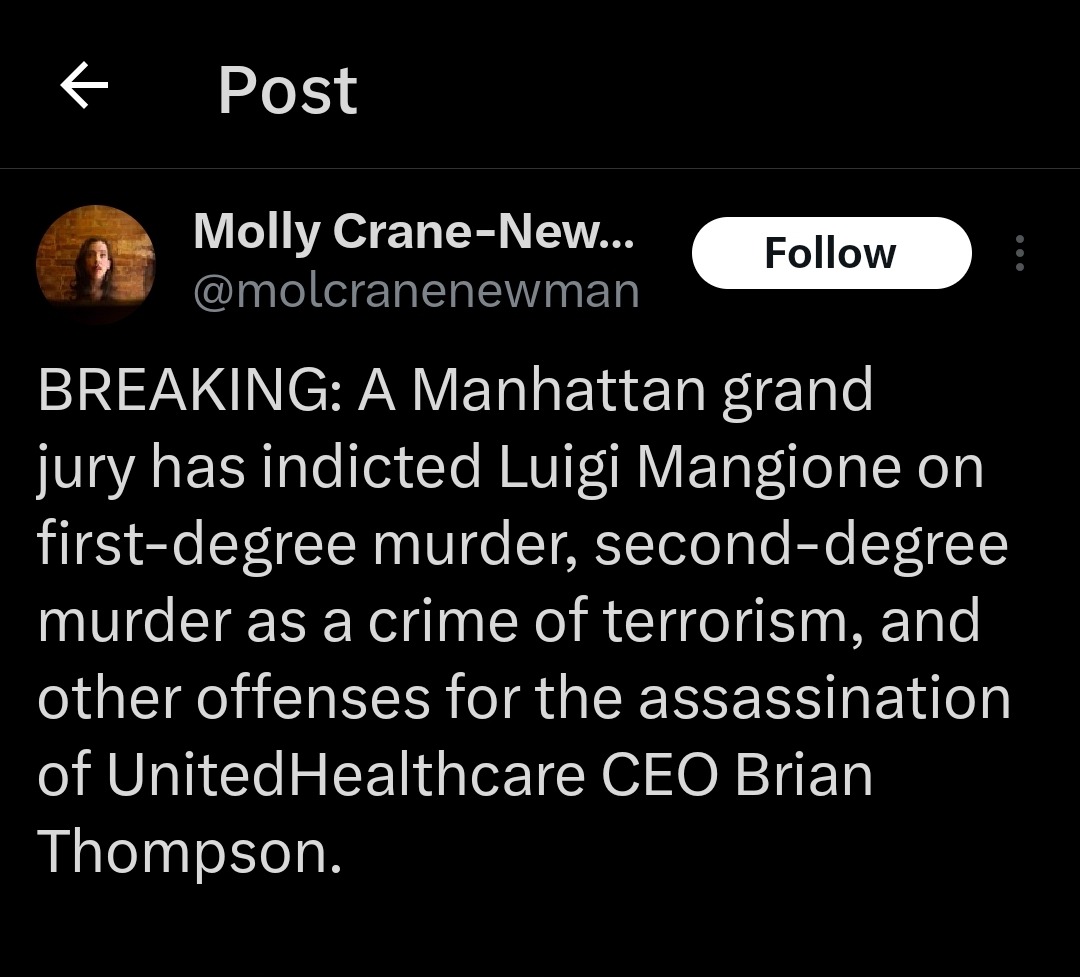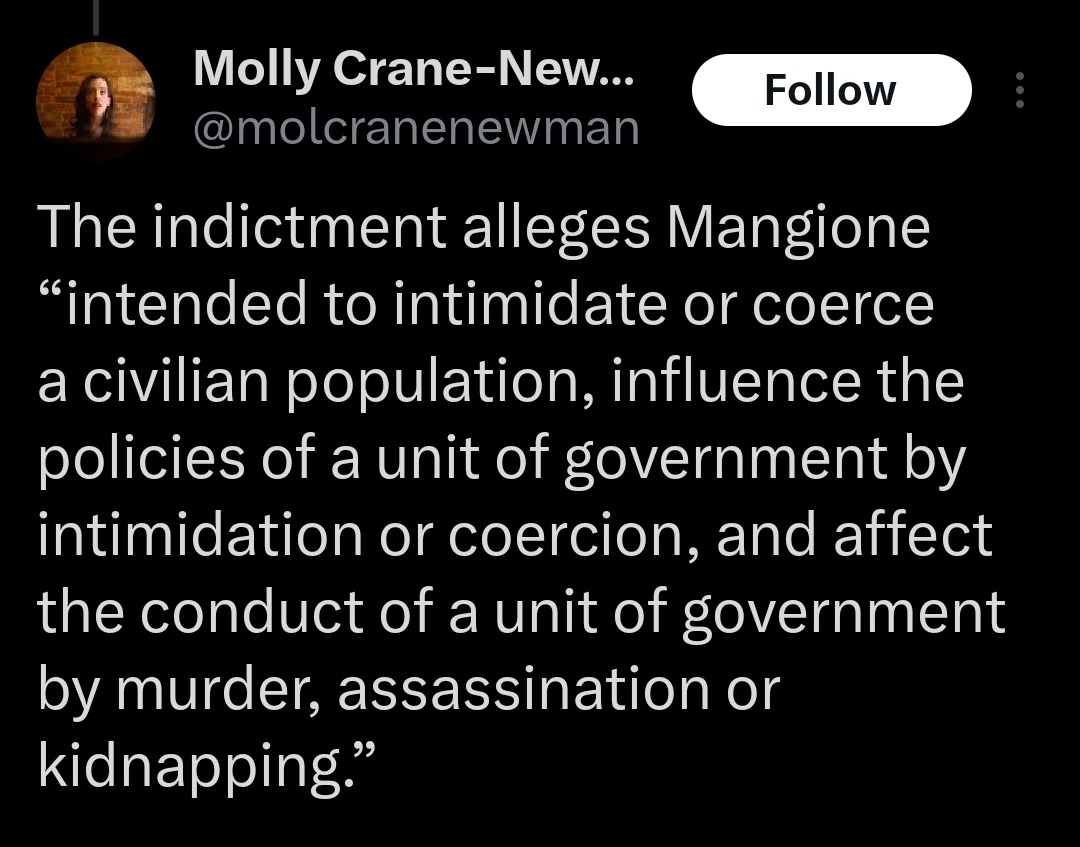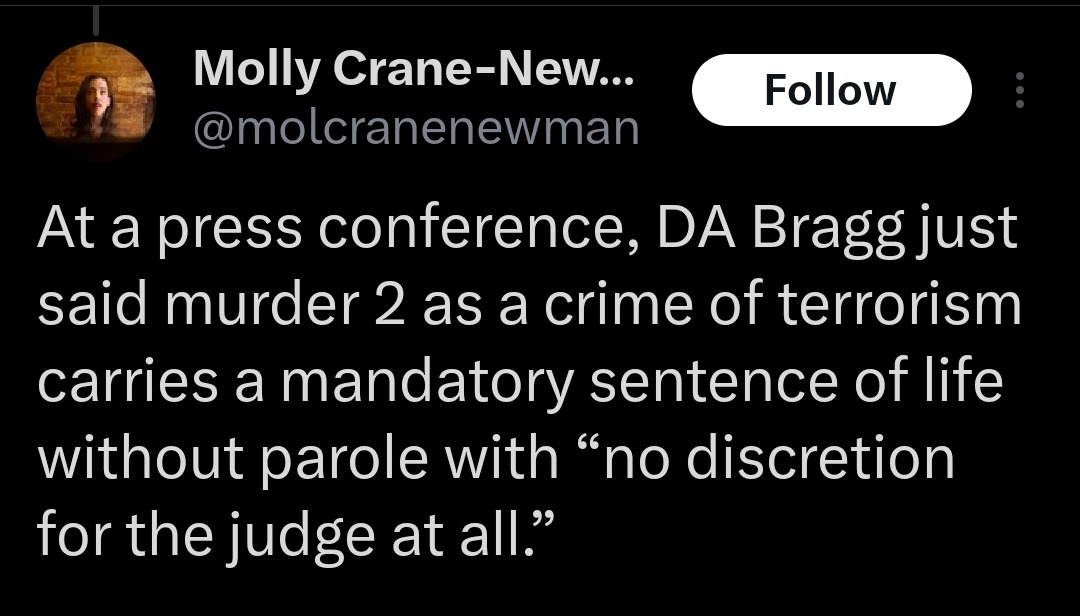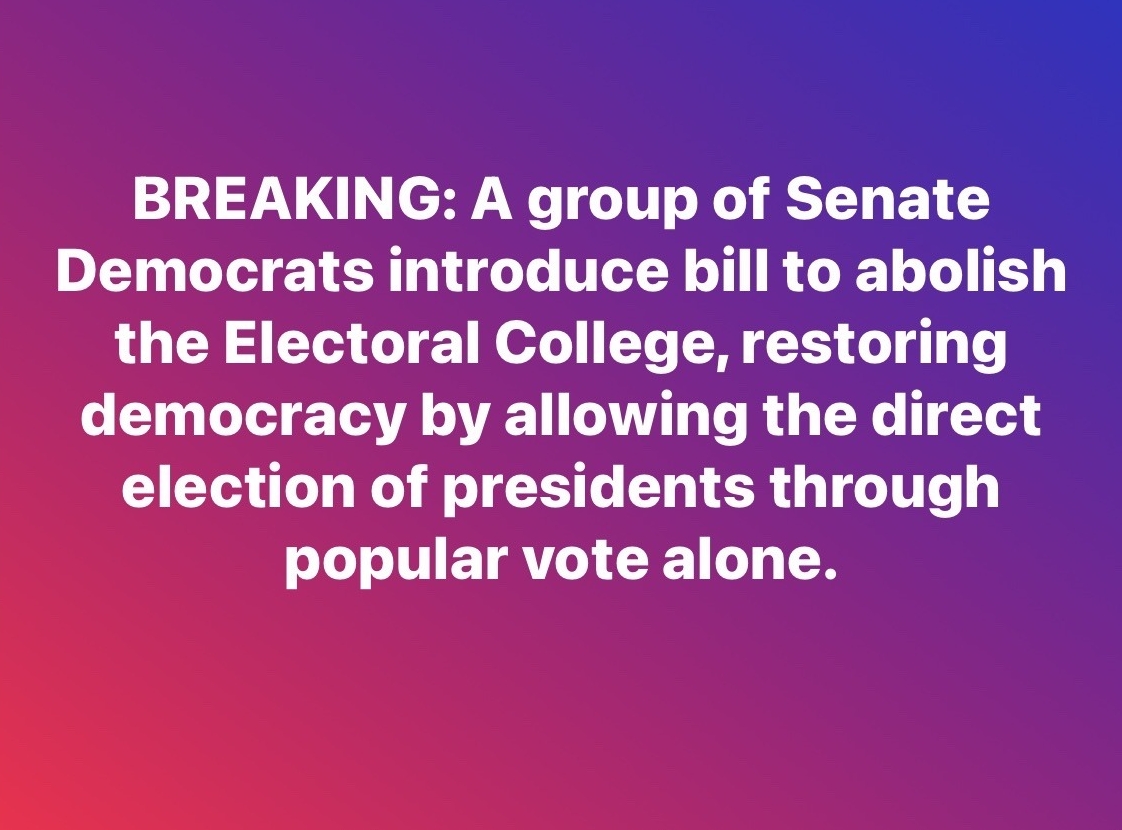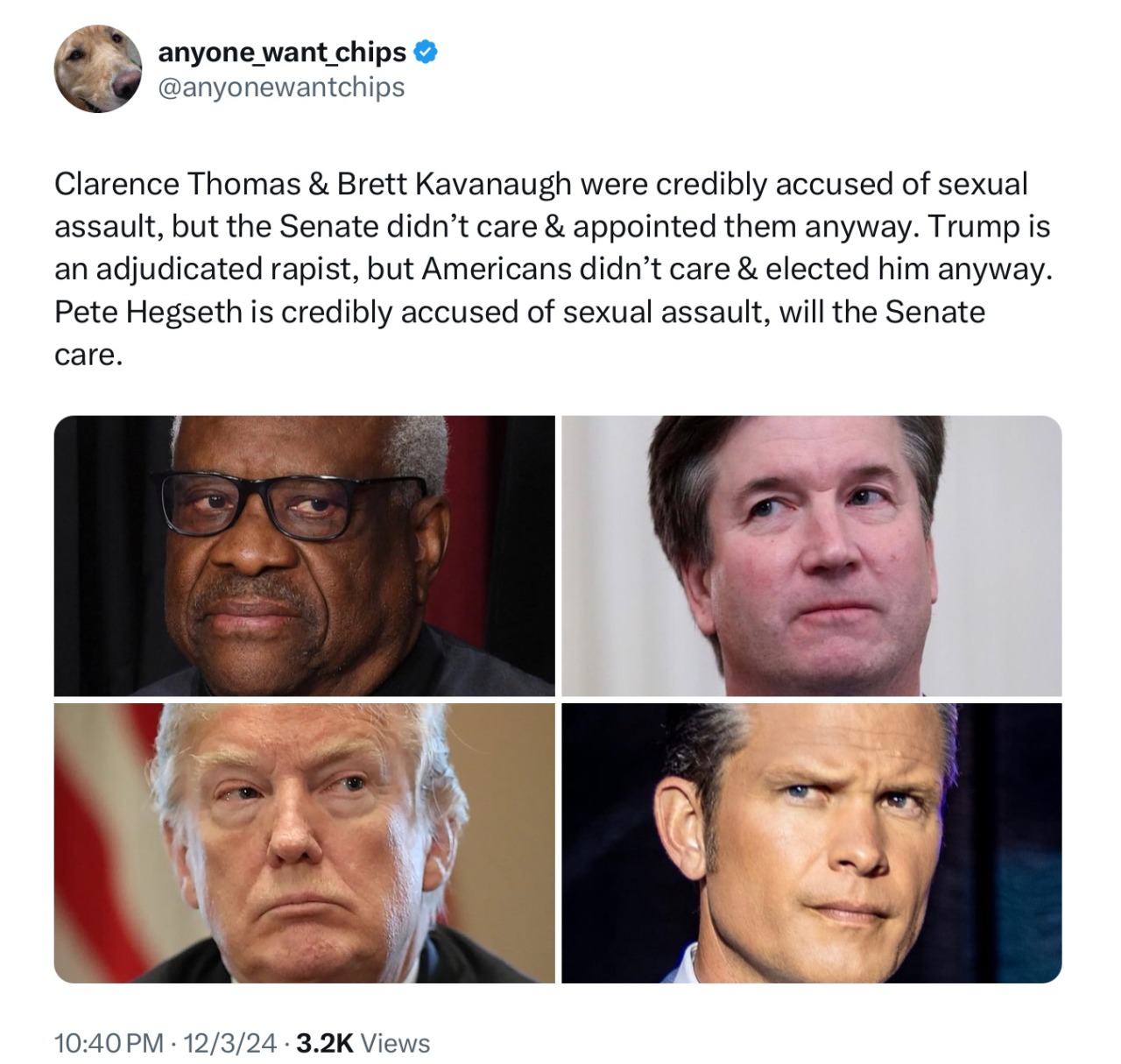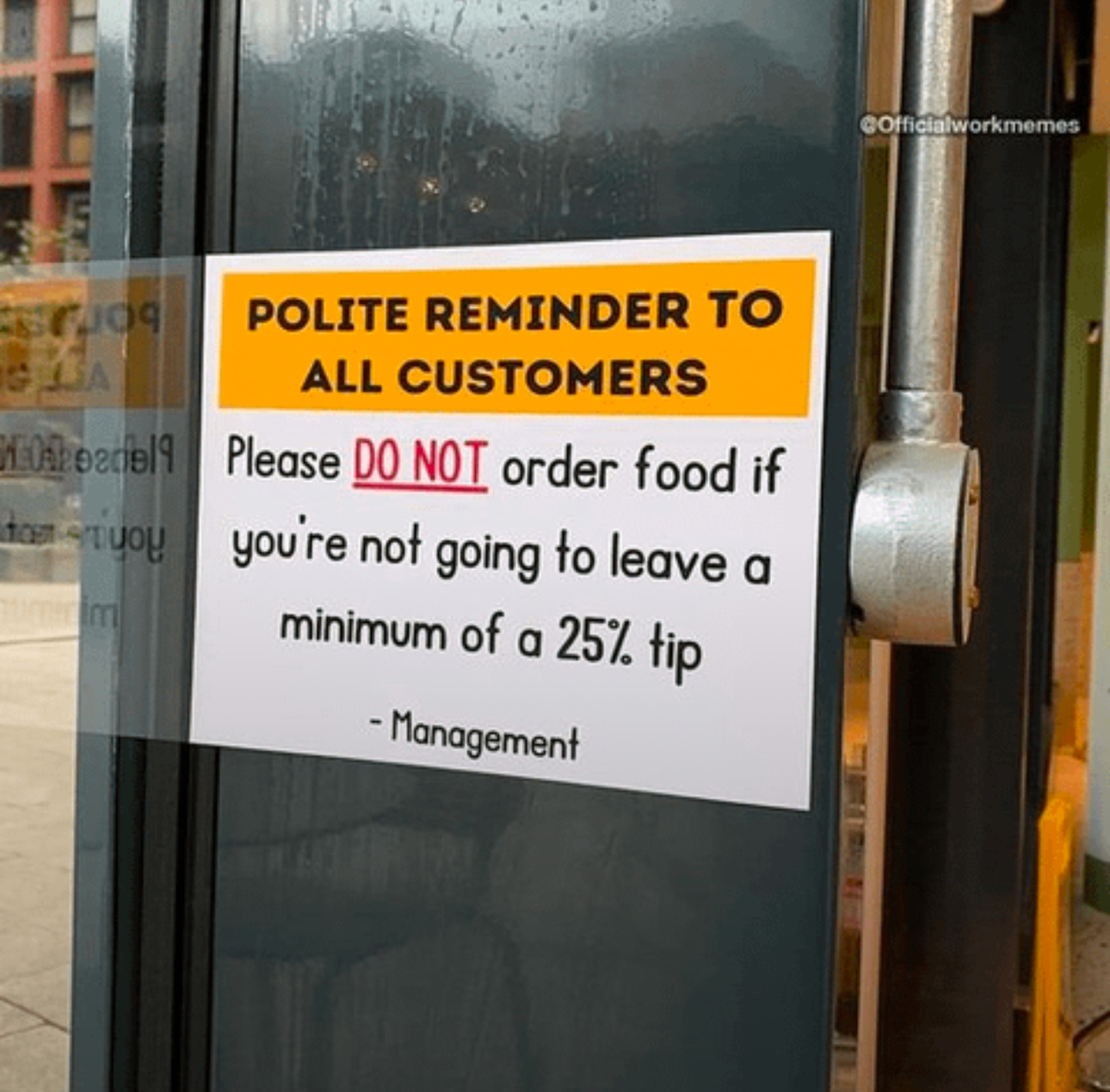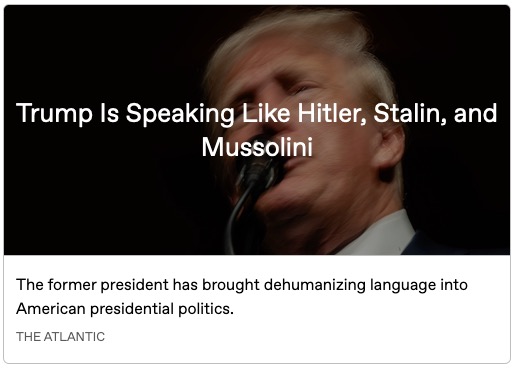Every. Damn. Day. It's Something Else With These Motherfuckers
The End Of Law
Robert Reich February 10th. The Trump regime is refusing to be bound by the federal courts. Where will this end?
Friends, He is the most lawless president in American history. He's allowed Musk's rats unfettered access to the Treasury's payments system. Banned birthright citizenship. Refused to spend money appropriated by Congress. Closed independent agencies without Congress's approval. Substituted political loyalists for civil servants. Unleashed the military on civilians. And on it goes.
Republican lawmakers won't restrain him. In one of the most shameful apologia for dictatorship I've ever heard coming from a public official, Senator Thom Tillis of North Carolina admits that much of what Trump is doing "runs afoul of the Constitution in the strictest sense." But, Tillis adds, "nobody should bellyache about that."
We shouldn't bellyache about Trump's torching the Constitution?
As Trump's marauding continues, America's last defense is the federal courts. But the big story here (which hasn't received nearly the attention it deserves) is that the Trump-Vance-Musk regime is ignoring the courts.
On Sunday, Vice President JD Vance declared that "judges aren't allowed to control the executive's legitimate power."
This is bonkers. In our system of government, it's up to the courts to determine whether the president is using his power "legitimately," not the president.
Consider Trump's freeze on all federal spending. Article I, Section 8 of the Constitution gives Congress the power to appropriate money, not the president.
So far, two federal judges have stopped Trump's freeze, pending full hearings on the lawsuits. But Trump is ignoring these court decisions and continues to freeze funds Congress has appropriated, notwithstanding.
The White House press secretary, Karoline Leavitt, says the freeze will continue even though Trump's Office of Management and Budget (OMB) has withdrawn the memo implementing it — an Orwellian move that last week prompted U.S. District Judge AliKhan to reprimand the OMB.
"It appears that OMB sought to overcome a judicially imposed obstacle without actually ceasing the challenged conduct. The court can think of few things more disingenuous."
On Saturday, federal district court Judge Paul A. Engelmayer temporarily denied Musk's young recruits access to the Treasury's payment and data systems, finding a risk of "irreparable harm." The judge ordered anyone who had been granted access to the systems since January 20 to "destroy any and all copies of material downloaded" from it.
Well, good luck with that. How will Engelmayer know all copies have been destroyed in an administration that denies judges have the power to control what the president does?
Worse yet, Musk's gang have access to the computer code. How will the judge prevent them from changing that code?
Another federal judge, John Coughenour, has blocked Trump's executive order altering birthright citizenship, calling it "clearly unconstitutional." The judge didn't pull any punches:
"It has become ever more apparent that, to our president, the rule of law is but an impediment to his policy goals. The rule of law is, according to him, something to navigate around or simply ignore, whether that be for political or personal gain."
Exactly. But how can Judge Coughenour guarantee that the Trump regime will grant citizenship to all children born in the United States to undocumented parents? Trump and Musk have tunneled into the entire federal government, even including the passport office (When transgender people try to renew, new passports list their sex at birth.)
Federal judges considering the legality of Trump's mass deportations are bound by Supreme Court rulings that noncitizens have a right to due process before being deported — including the right to be informed of the charges against them, the right to an attorney, and the right to present evidence in their defense.
Here, too, Trump's regime has ignored these rulings.
Meanwhile, in a lawsuit filed Friday, several "sanctuary" cities and counties are challenging both Trump's executive order withdrawing federal funds from places that refuse to help carry out his immigration agenda and his Justice Department's threat to prosecute any jurisdiction that refuses to comply.
Plaintiffs are seeking to "check this abuse of power" by asking the courts to declare the Trump regime's actions unlawful and prevent their enforcement.
The law is clearly on the plaintiff's side. The Supreme Court has repeatedly held that the federal government cannot force cities and states to adopt laws or to enforce federal mandates.
But Trump isn't budging.
Over the next months, these and dozens of other federal cases will be appealed to the Supreme Court — either by the plaintiffs arguing that Trump is ignoring lower-court decisions, or by Trump's Justice Department appealing those decisions.
Then what?
You have every reason to be cynical about the current majority on the Supreme Court. But the cases I've just cited, along with many others, are based on the Supreme Court's own precedents that say that Trump cannot legally do what he's doing.
Yes, the Roberts court has shown itself willing to reverse its prior opinions (see: Roe v. Wade), but my betting is that at least on some of these issues the high court will rule against Trump.
All of which raises a final, perilous question: What if the Trump regime ignores the Supreme Court just as it has ignored lower courts?
In his 2024 year-end report on the federal judiciary, Chief Justice John Roberts anticipated this possibility, noting that judicial independence "is undermined unless the other branches [of government] are firm in their responsibility to enforce the court's decrees."
Roberts mentioned defiance by southern governors of the Supreme Court's 1954 ruling in Brown v. Board of Education. Their defiance required that federal troops enforce the Supreme Court's decision.
Roberts then commented on more recent defiance:
"Within the past few years … elected officials from across the political spectrum have raised the specter of open disregard for federal court rulings. These dangerous suggestions, however sporadic, must be soundly rejected.
There's no secret whom Roberts was referring to. His first initials are JD and he ought to know better. Vance graduated Yale Law School Class of 2013, and his wife, Usha, clerked for Roberts from 2017 to 2018.
Yet Vance said on a 2021 podcast, "When the courts stop you, stand before the country like Andrew Jackson did and say: 'The chief justice has made his ruling. Now let him enforce it.'"
Here's Vance in a February 2024 interview with ABC's George Stephanopoulos: Vance: "The president has to be able to run the government as he thinks he should. That's the way the Constitution works. It has been thwarted too much by the way our bureaucracy has worked over the past 15 years."
Stephanopoulos: "The Constitution also says the president must abide by legitimate Supreme Court rulings, doesn't it?"
Vance: "The Constitution says that the Supreme Court can make rulings, but if the Supreme Court — and, look, I hope that they would not do this — but if the Supreme Court said the president of the United States can't fire a general, that would be an illegitimate ruling, and the president has to have Article II prerogative under the Constitution to actually run the military as he sees fit."
In other words, if the Supreme Court rules against Trump on an important issue, there's a fair chance the Trump-Vance-Musk regime will thumb their nose at it.
What then? Impeachment isn't a possibility because Republicans run both chambers of Congress and haven't exactly distinguished themselves with integrity or independence.
If Trump simply ignores the high court, is that the end of law?
Share
© 2025 Robert Reich
NOW It Makes Sense
Not To Be A Debbie Downer, But…
This Somehow Doesn't Make It Any Better…
Should Be A SuperBowl Ad
Vomiting It All Up—And Boy Is There A Lot Of It!
‼️‼️‼️‼️‼️
Right?
Sending Thoughts And Prayers
Vomiting It All Up
I Will Not Be Watching
Tell Me I'm Wrong
When Do "We The People" Bring Out The Guillotines?
I Can Sleep Better Now. 🫤
Change My Mind
Remember…EVERY Accusation Is A Confession
Why Didn't You Do This in 2021?!
Just In Time For The Holidays!
With Republicans, It's Not A Bug, It's A Feature!
'Murika! Murika! We're #1! We're #1! 🙄
Cruelty is the Whole Point
In Case Anyone Needs a Reminder…
Trump Claims There Are No Empty Seats. Cameraman Immediately Fact Checks Him.
"The party told you to reject the evidence of your eyes and ears. It was their final, most essential command." ~George Orwell, 1984

